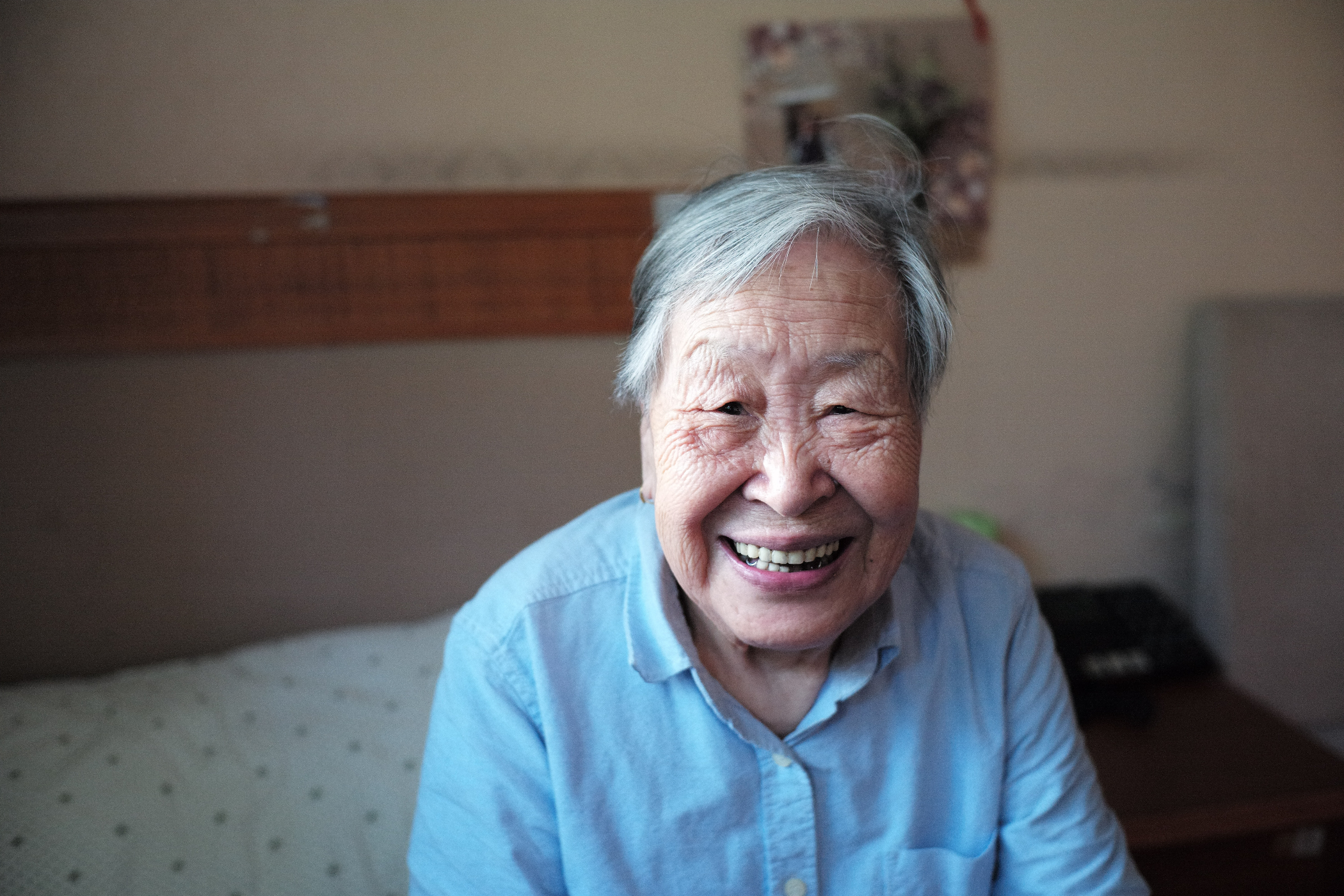Identification of the last 12 months can be incredibly challenging for clinicians, particularly in the frail elderly. Proactive care and support planning is essential to enabling a patient’s wishes for care at the end of life to be supported and to prevent crisis. The aim is to support the patient to live as well as possible for the time they have remaining.
Late recognition of the end of life can impact on both the choice of place of care and patient-centred decisions, which can both lead to inappropriate life-saving interventions and to under-treatment of palliative symptoms and concerns.
It should be accepted that in any prognosis there will be some degree of uncertainty and the focus should move from identifying dying to a focus on planning, where there are several possible outcomes for the immediate presenting problem, but the patient’s overall journey is moving towards the end of life.
Once this trajectory has been identified, then the patient’s wishes can be understood, clinical possibilities can be planned for in a personalised, shared-decision making way between patients, their loved ones and clinicians.
Communicating these wishes to all professionals involved in a person’s care through an advanced care plan can support these wishes to be achieved. Escalation of care is often initiated when those caring for an individual do not know their wishes. Instead of the familiar home environment, those in their final weeks, days or hours are often cred for in clinically inappropriate environments surrounded by the noise of a busy hospital ward.
Identification of an end of life journey, is often made through situational diagnosis, combining clinical factors which indicate an end of life need.
The below parameters may be used by health and social care professionals to guide a multi-disciplinary team discussion regarding a patient’s prognosis:
Two or more unplanned hospital admissions in the past 6-12 months
Persistent and recurrent infections
Weight loss of 5-10% in the past 6 months
Multiple morbidity in addition to frailty
Combined frailty and dementia
Exacerbation of falling
Rapidly rising frailty score
Escalating patient, family or service provider distress
Request for palliative care support and/or withdrawal of active treatment
It should be remembered that it is the risk of deterioration which should, across all care settings, be a trigger for end of life care planning, not deterioration itself. The objective of pro-active advanced care planning is to support patients to live as well as possible, taking into account the wishes of the patients and their loved ones.
Supporting a patient’s wishes to remain in their preferred place of care, where clinically appropriate, is essential to providing holistic care and supporting psychological wellness at the end of life.
When a patient deteriorates, it is essential to have a personalised escalation of care plan agreed so that the patient or their loved ones know whom to contact.
All patients identified as being in the last days, week and months of life should have contact details for their community palliative care team, whether the district nurse team or specialist hospice community team who they can contact for advice and support.
All patients, carers and staff can contact the Hospices of Brimingham and Solihull Advice and Guidance line Monday – Friday 8am-8pm. Please note: this line does not have a rapid response team, but they can provide support by telephone to onsite clinicians or onward referral for support for patients as required.
If a patient requires an urgent review to prevent an admission, Birmingham Community Healthcare Services and UHB Community Services Solihull both provide a nurse led community rapid response service 7 days a week 8am-8pm.
If a patient is being assessed by a clinician in order to prevent an admission, then it is essential that the immediate clinical issue is supported along with a rapid review of the palliative patient’s circumstances, including advanced care and treatment escalation plans in a shared decision-making discussion with the patient’s loved ones / carers.
It should be ensured by the attending clinician that the patient/ loved ones/ carers understand the most appropriate routes for accessing support if the patient’s clinical situation further deteriorates. This will enable the patient’s wishes for their preferred place of care to continue to be supported.
-
Review the patient’s presenting issue
-
Review the support in place for the patient and their carers / loved ones.
-
Review the patient’s advanced care plan
-
Review equipment need to support care in the chosen place of residence
Services which can support patients and their loved ones / carers are listed here: Support Services at EOL :: NHS Birmingham and Solihull (icb.nhs.uk)
Timely and comprehensive discharge planning supports the provision of quality patient care can assist with minimizing the number of re-admissions if the plan is clinically appropriate for the patient.
Discharge plans should also include detailed education & discharge instructions to the patient where appropriate and crucial information, including escalation of care contacts should be shared with the next of kin are care provider as required.
It is essential that a clear plan of care and appropriate referrals are made to ensure seamless provision of care when a patient is transferred to a community setting.
The main areas to consider are covered in this discharge infographic.
Without a thorough discharge plan, referrals and appropriate paperwork including where clinically appropriate a ReSPECT form, the patient will be at high risk of re-admission.
Useful resources
Hospice UK Flying Home Guide - helping patients to arrange international travel
Medicines Authorisation form for Symptom Control in Palliative Care
